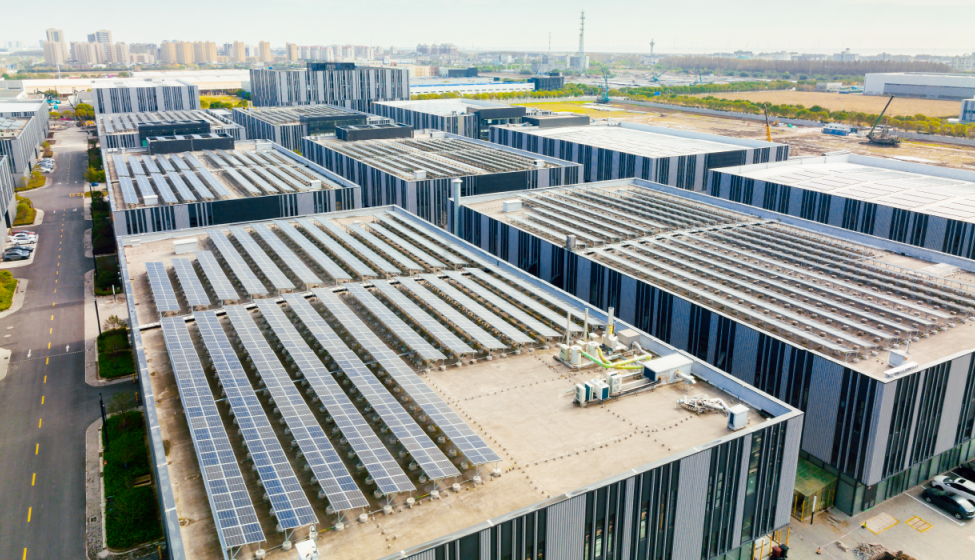February 10, 2021
Recent legislation provides substantial funding & focus on certain clean energy technologies
The recently passed and signed Consolidated Appropriations Act of 2021 includes several significant items related to funding and subsidizing clean energy technologies. The biggest winners of direct government funding are nuclear, solar, energy storage, and carbon capture. Carbon capture, traditionally considered for post-combustion capture from coal-fired power plants, is also under consideration for applications other than power generation, including steel and hydrogen production (known as blue hydrogen). Further tax credits were extended for wind and solar-electric systems to offset the investment and production costs for these systems.
The new legislation, combined with a change in posture from the incoming Biden administration, alters the timing and incentives for new clean energy projects. Many firms are choosing to invest, design, and construct these systems while other firms are purchasing energy or carbon offset credits based on the performance of these systems to reduce their carbon footprint or meet regulatory requirements. This legislation and the incoming actions of the Biden administration will change the context in which these projects are being conceived and executed.
How Exponent Can Help
Many options and technologies are available for producing clean power, mitigating carbon emissions, and purchasing carbon offsets. Exponent can help companies meet aggressive carbon footprint reduction goals and explain the different available options. Exponent's interdisciplinary team of experts can also help firms assess the safety, sustainability, and efficacy of advanced clean energy systems to assist designers, engineering, procurement, and construction (EPC) firms, and purchasers of energy and credits to evaluate new and existing systems. Exponent's scientists and engineers have experience reviewing the intellectual property (IP) for these systems in cases where infringement has been alleged and evaluating performance metrics in the event of contractual disputes.


